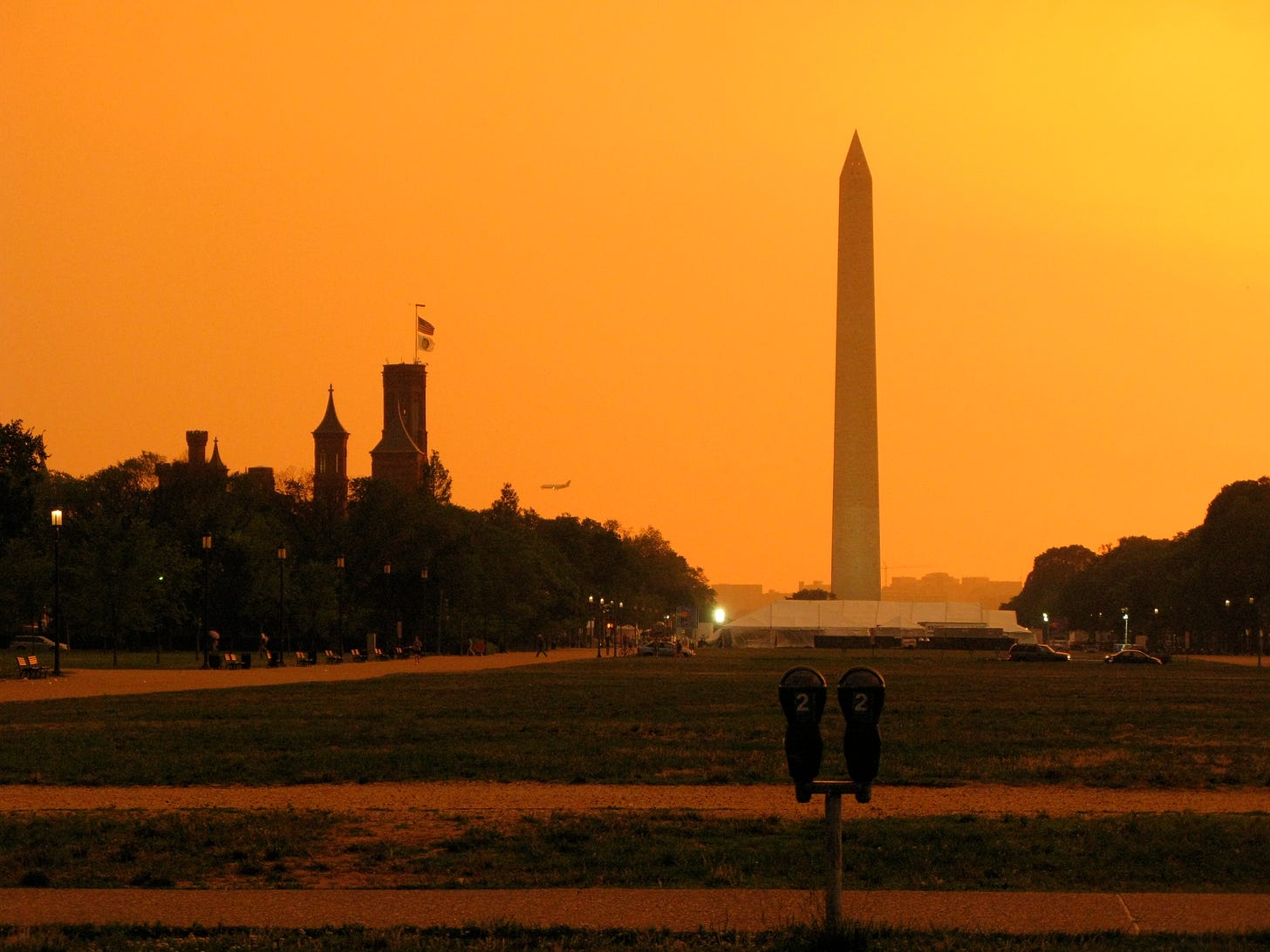D.C. climate lawsuit survives motions to dismiss, a major hurdle that puts it on track for trial
Exxon, Chevron and BP wanted to kill the case. The judge's decisions make the D.C. case just the latest to survive the key legal hurdle.
Companies including Exxon, Chevron and BP are likely headed to trial after a D.C. judge rejected their attempts to dodge claims they lied to the public about the climate change impacts of fossil fuels.
D.C. Superior Court Judge Yvonne Williams rejected motions to dismiss brought by the defendant companies, which had argued the D.C. attorney general’s lawsuit is barred by various clauses of the U.S. Constitution.
The decision means the case is now on track for discovery and an eventual trial, and makes it just the latest to survive dismissal among dozens of cases seeking billions of dollars from the companies to mitigate against risks of climate change.
“The court declines to dismiss the complaint out of concern for the Commerce Clause, or for any other justification offered by Exxon Defendants,” wrote Williams, who explicitly rejected arguments that the lawsuit violates the First Amendment and is preempted by federal law.
BP declined to comment. The other defendants didn’t immediately respond to requests for comment.
There are dozens of similar cases by state and local governments that broadly allege that fossil fuel companies and related trade groups purposefully mislead the public about climate change in order to continue selling oil and gas.
The lawsuits typically allege the companies violated consumer protection laws and have created a public nuisance in doing so.
The judge’s decision makes D.C. at least the sixth climate change-related damages case to survive motions to dismiss, which is a key hurdle for legal challenges.
Prior to D.C., judges had already refused to dismiss lawsuits filed by Massachusetts, Vermont, Minnesota, Honolulu and Boulder.
But state and local judges have also dismissed similar lawsuits in places like New York and New Jersey, including after finding that the claims are preempted by federal law.





